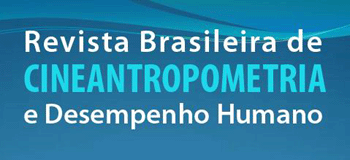The objective of this study was to analyze the effects of aquatic exercise and nutritional guidance on the body composition of obese children and adolescents. Thirty obese children aged 10 to 16 years, with a body mass index (BMI) above the 95th percentile according to the classification proposed by the Centers for Disease Control and Prevention (CDC, 2000), were divided into two groups: the first group started learning to swim (GSwim, n = 10) and the second group underwent a deep water running program (GDeep, n = 20). Weight, height, BMI, BMI Z-scores, relative and absolute fat, and relative and absolute lean body mass were evaluated at baseline and after 12 weeks. The program consisted of 12 meetings for nutritional guidance (once a week) and 36 sessions of exercise (three times per week). MANOVA and Fisher's exact test were used for statistical analysis, with the level of significance set at p < 0.05. After 12 weeks, GDeep showed a significant reduction in BMI, BMI Z-scores and relative and absolute fat, and an increase in relative and absolute lean body mass. Significant differences were observed between GDeep and GSwim in terms of the reduction in body fat (p = 0.014) and the increase in lean mass (p = 0.006). A program of deep water running together with nutritional guidance may promote significant changes in the body composition of obese children and adolescents due to the cyclic characteristic of this physical activity.
Child obesity; Deep water running; Swimming



